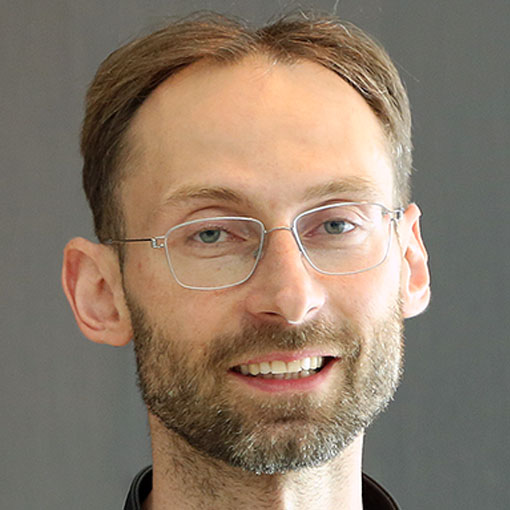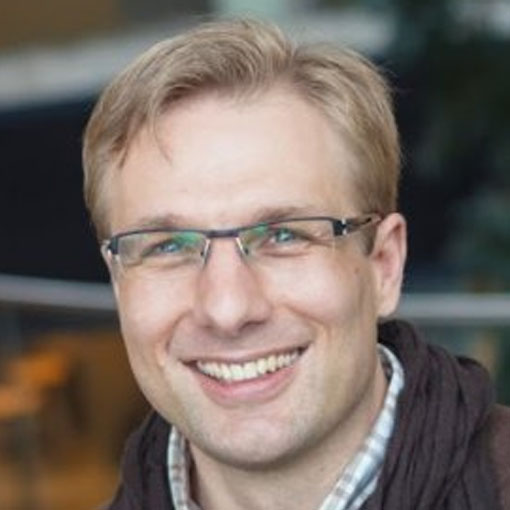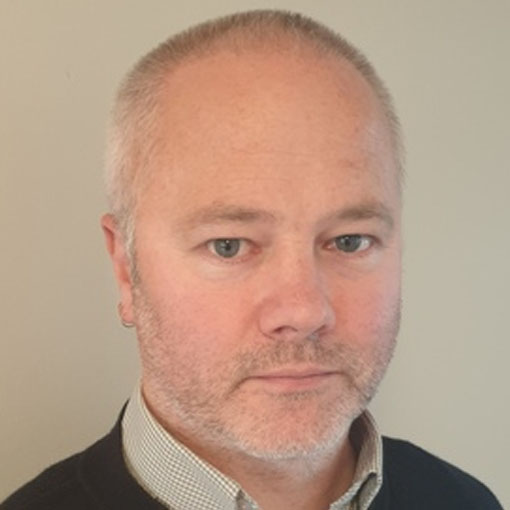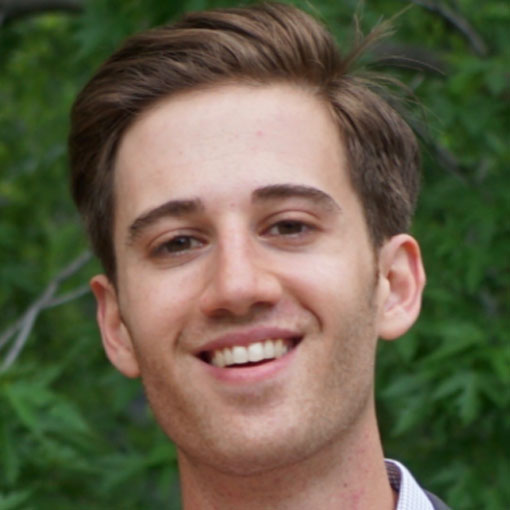Is the AI revolution empowering the scientist?
Artificial intelligence (AI) and machine learning (ML) continues to develop how we discover and overcome challenges in drug discovery and suggests a promise to transform the path to clinic. These functionalities have the capability to expedite timelines, explore areas of drug space not previously attainable, and in turn, have the potential to reduce costs of progressing a drug through early discovery. Has this idea delivered on its hype? Join us to hear perspectives from AI thought leaders and drug hunters on how AI is actually delivering, and its potential to transform the way we navigate drug discovery.
This webinar will discuss:
- Confronting the challenges around AI and its adoption. Has the promised revolution caused AI to have an unsettled beginning?
- What is AI/ML trying to achieve in early drug discovery? What is the ultimate goal and how should we measure success?
- Why bringing together AI/ML engineers together with traditional drug hunters will transform the discovery of tomorrows therapeutics
Charles River and Valence have entered a strategic relationship in order to accelerate their clients’ drug discovery pipelines, with Charles River providing a vehicle from early discovery through development, and Valence overlaying their platform for AI-enabled drug design.






